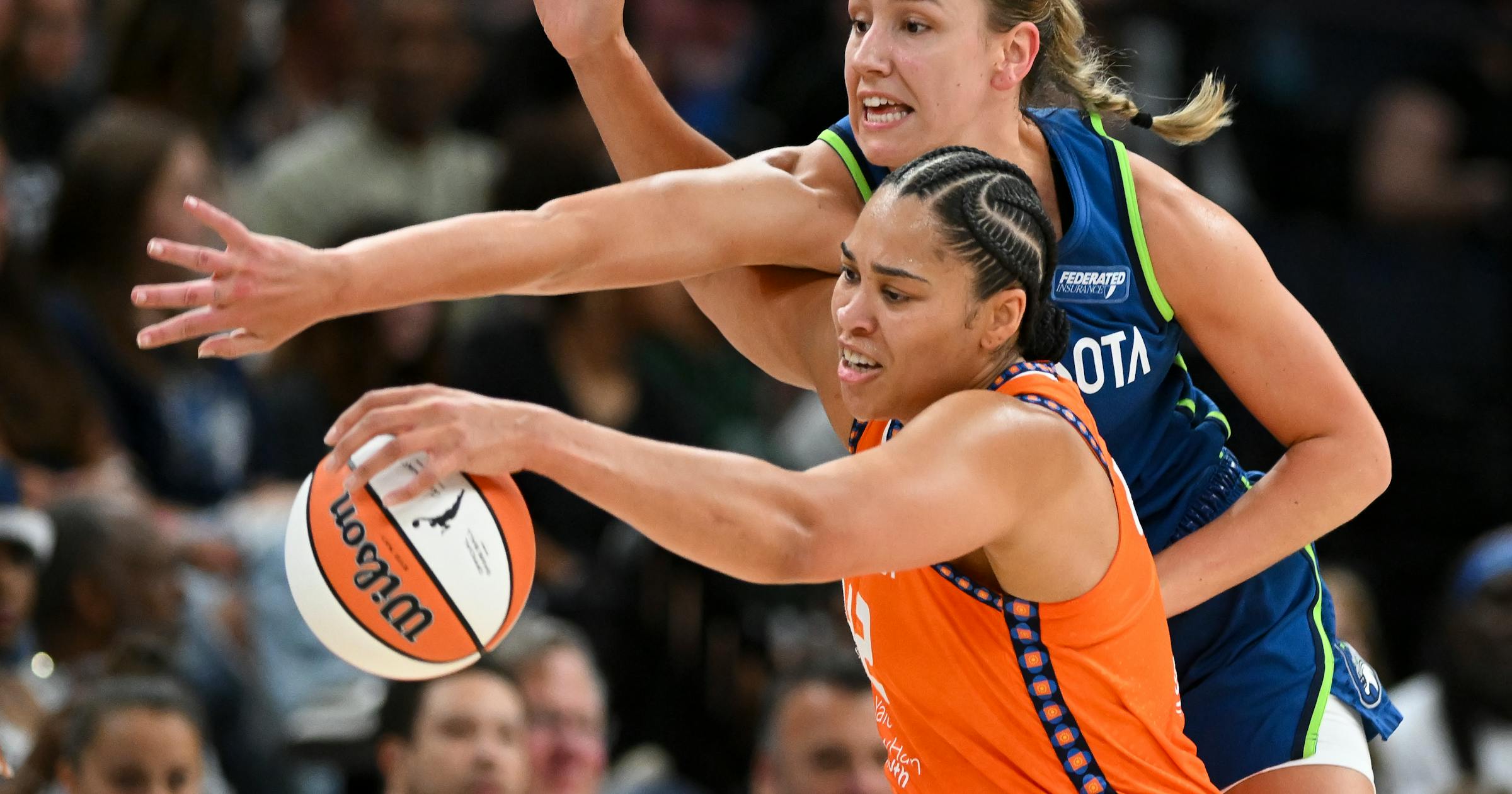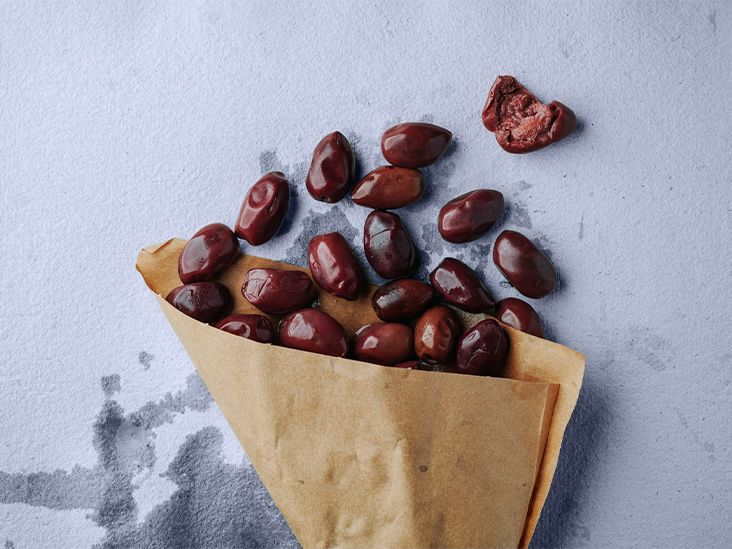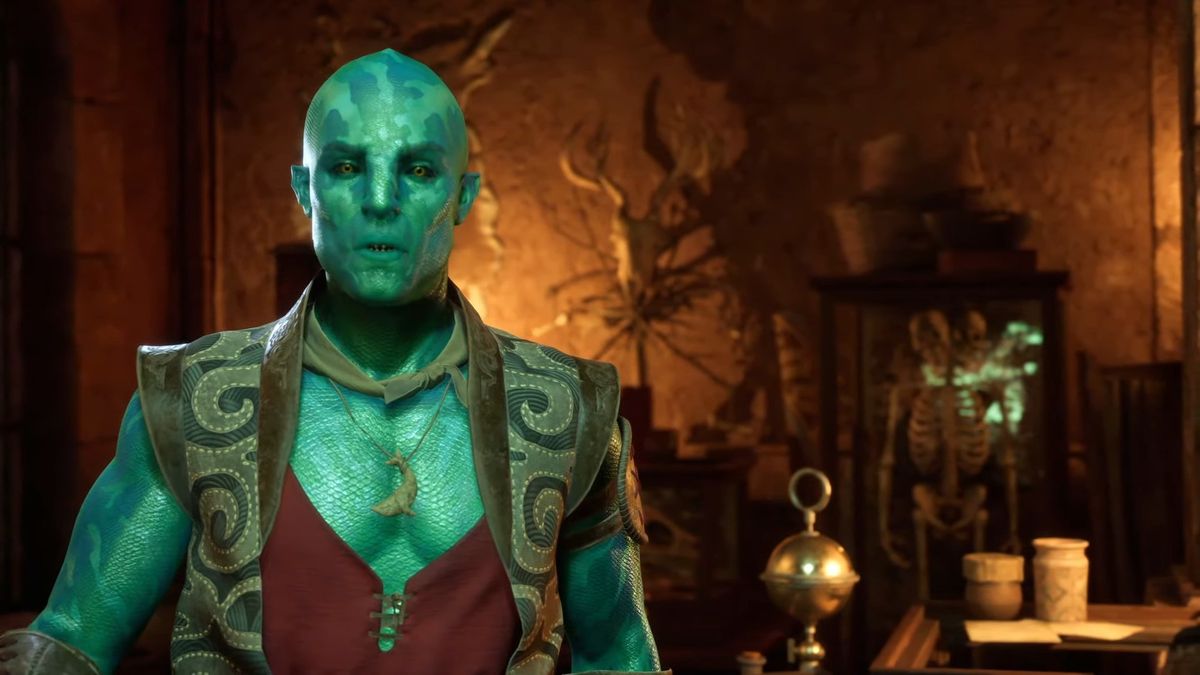That meant it was Djokovic and Musetti’s turn to wait. And wait. And wait — until more than two hours after their scheduled match time, which put them on court at 10:30 p.m. When Djokovic finally staggered off the victor after five sets, it was just after 3 a.m.
“Things could have been handled a different way,” he told a small group of reporters after.
Coco Gauff, who won her fourth-round match just hours later Sunday morning against Italian Elisabetta Cocciaretto, 6-1, 6-2, agreed. As a 2022 French Open finalist and the reigning U.S. Open champion, Gauff has played her four singles matches on a court with a roof and didn’t have to wait out the rain as she zipped through to the quarterfinals.
She could have run into the opposite problem Sunday, when she played second on the main court, had it not been for the buzz saw that is Iga Swiatek. The No. 1 women’s player in the world opened Court Philippe Chatrier and blanked world No. 41 Anastasia Potapova in a staggering 40 minutes. Swiatek lost just 10 points as she advanced to face reigning Wimbledon champion Marketa Vondrousova in the quarterfinals.
Lucky for Gauff, she was warmed up and ready.
“Usually, if you’re after [Swiatek], you know it’s probably going to be a quick match,” Gauff said. “So I figured the match would probably go 1 hour 15 minutes — an hour at the quickest. I definitely wasn’t expecting 40 minutes.”
Gauff finished her singles match with plenty of time to prepare for a first-round doubles win with partner Katerina Siniakova. Still, she felt for Djokovic.
Asked whether there was anything that could be done to mitigate matches going so late, Gauff proposed that Grand Slams consider a cutoff time after which matches can’t begin, as is common at Wimbledon, which has an 11 p.m. curfew.
“What can be done? I know on the [WTA] tour side they’re thinking about [making it so] matches can’t start after a certain time. I don’t know if it’s going to be a Grand Slam rule. I think that’s something to look at,” she said. “Maybe if a match is going long, possibly moving courts. Then I know it’s tough because, especially here, it’s only one night match, and people obviously paid for those tickets.”
The issue with matches that end in the middle of the night is that players don’t get to bed until much later, as seventh-seeded Casper Ruud, who won his third-round match Saturday after 1 a.m., pointed out on X, answering a fellow user’s question as to why he was still awake after 3 a.m.
“I just finished my match 2 hours ago. After that I have to cool down on the bike for 15 minutes, do press/media, ice bath for 10 minutes, shower, eat and then get treatment/massage. I’m currently at the treatment stage,” Ruud wrote.
I just finished my match 2 hours ago. After that I have to cool down on the bike for 15 minutes, do press/media, ice bath for 10 minutes, shower, eat and then get treatment/massage. I’m currently at the treatment stage👍
— Casper Ruud (@CasperRuud98) June 2, 2024
That must be one reason No. 3 seed Carlos Alcaraz much prefers day matches. The two-time Grand Slam champion beat 21st-seeded Felix Auger-Aliassime, 6-3, 6-3, 6-1, on Sunday to set up a quarterfinal match against ninth-seeded Stefanos Tsitsipas. That left Alcaraz with a free evening — and just one thing on his agenda.
“It’s really difficult to recover when you are going to go to sleep so, so late. For me, it’s much better to finish at 6 o’clock, having dinner really, really well at [a] restaurant, a good restaurant, good food,” Alcaraz said with a laugh. “So everything is better if you finish early. You know, the night session is a real thing, so we can’t change it. We have to adapt ourselves as much … as we can to the matches.”
To Gauff, the burden of adaptation should be shared by tournament organizers and players alike. She spoke delicately Sunday when asked whether players should have more say in scheduling issues.
“I don’t want to complain too much about it, because we are very blessed and privileged to be playing for a lot of money and there’s people working real jobs under worse conditions for less money and just trying to get by,” Gauff said. “… But I definitely think there’s a balance of saying publicly, like — and I do agree that things can be run better behind the scenes. I think that tournaments are trying their best and players are trying their best. I just think we have to meet in a middle ground for the health and safety of everyone.”
At least for Gauff, there may be some twisted comfort in knowing there’s a slim chance she will have to deal with a late-night match at Roland Garros. In the three years that night sessions have existed at the French Open, the so-called “Match of the Day” has featured a women’s showdown just twice in 28 sessions.
On Monday, it will feature a fourth-round men’s match between 13th-seeded Holger Rune and fourth-seeded Alexander Zverev, who is playing amid a domestic abuse trial in Berlin in which he is alleged to have attacked a former girlfriend.

Christine Lake is a sports fanatic who lives and breathes athletics. With an extensive background in sports journalism, he covers everything from major league championships to grassroots sports events. When she’s not on the field or at the stadium, you’ll find Christine coaching youth sports teams.







